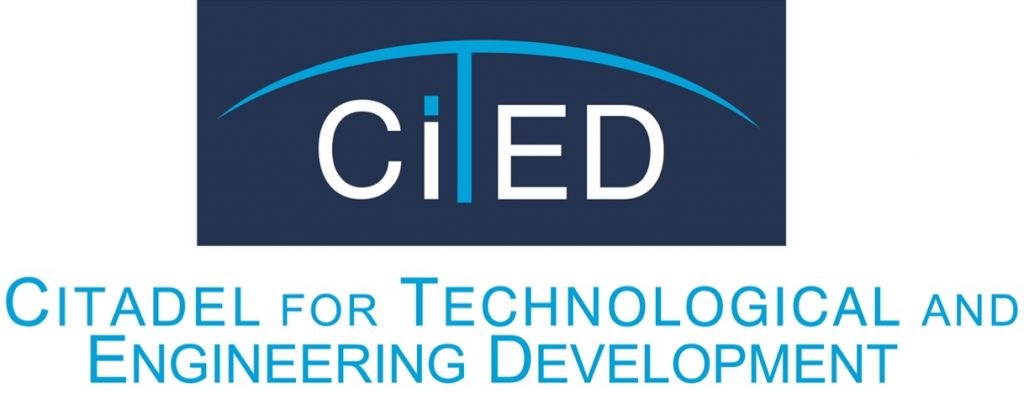This intensive 3-day training program will equip you with the tools and strategies to create more sustainable and efficient facilities.

Sustainable Facility Management Practices
Course Introduction
Overview: This 3-day intensive training program is designed to equip facility managers with the knowledge and skills necessary to implement sustainable practices in their operations. The course will cover a wide range of topics, from energy efficiency and water conservation to waste reduction and green building certification. Through a combination of theoretical lectures, interactive discussions, and hands-on exercises, participants will learn how to reduce their environmental impact, improve operational efficiency, and achieve long-term cost savings.
Key Focus Areas:
- Energy Efficiency and Conservation
- Water Conservation and Management
- Waste Reduction and Recycling
- Green Building Certification
- Sustainable Procurement and Supply Chain Management
Target Audience:
This course is tailored for facility managers, building engineers, sustainability professionals, and other individuals involved in the management of commercial, institutional, and industrial facilities.
About the Course:
This course will explore the latest trends and best practices in sustainable facility management. Participants will learn how to conduct energy audits, implement energy-efficient technologies, optimize water usage, reduce waste generation, and select sustainable building materials. They will also gain a deep understanding of green building certification systems, such as LEED and BREEAM, and learn how to achieve certification for their facilities.
Course Objectives:
Upon completion of this course, participants will be able to:
- Assess the environmental impact of their facility operations.
- Develop and implement energy efficiency strategies.
- Optimize water usage and reduce water consumption.
- Reduce waste generation and improve recycling rates.
- Understand and apply green building certification standards.
- Select sustainable building materials and products.
- Develop sustainable procurement and supply chain management practices.
Course Outline
Day 1: Energy Efficiency and Water Conservation
- Morning Session:
- Understanding energy consumption patterns in facilities
- Conducting energy audits and identifying energy-saving opportunities
- Implementing energy-efficient lighting and HVAC systems
- Utilizing renewable energy sources
- Afternoon Session:
- Water conservation strategies and techniques
- Water metering and monitoring systems
- Rainwater harvesting and greywater reuse
- Landscape irrigation optimization
Day 2: Waste Reduction and Green Building Certification
- Morning Session:
- Waste reduction and recycling programs
- Composting and organic waste management
- Waste diversion and zero-waste initiatives
- Green cleaning practices and chemical safety
- Afternoon Session:
- Introduction to green building certification systems (LEED, BREEAM, etc.)
- Key requirements and strategies for certification
- Case studies of successful green building projects
Day 3: Sustainable Procurement and Supply Chain Management
- Morning Session:
- Sustainable procurement policies and procedures
- Evaluating the environmental impact of products and materials
- Green purchasing and supplier selection
- Life cycle assessment and product sustainability
- Afternoon Session:
- Sustainable supply chain management and logistics
- Reducing transportation emissions and improving supply chain efficiency
- Collaborative partnerships and industry best practices
Course Outcomes:
By the end of this course, participants will have the knowledge and skills to:
- Reduce energy consumption and costs.
- Conserve water and minimize water waste.
- Divert waste from landfills and improve recycling rates.
- Achieve green building certification for their facilities.
- Implement sustainable procurement and supply chain practices.
Conclusion:
This intensive 3-day training program will equip you with the tools and strategies to create more sustainable and efficient facilities. By embracing sustainable practices, you can reduce your environmental impact, improve operational performance, and enhance the overall sustainability of your organization.

